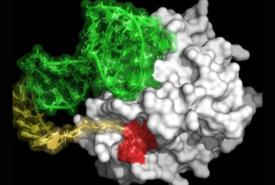Plant Virus Treatment Shows Promise in Fighting Metastatic Cancers in Mice
An experimental treatment made from a plant virus is effective at protecting against a broad range of metastatic cancers in mice, shows a new study from the University of California San Diego.


















